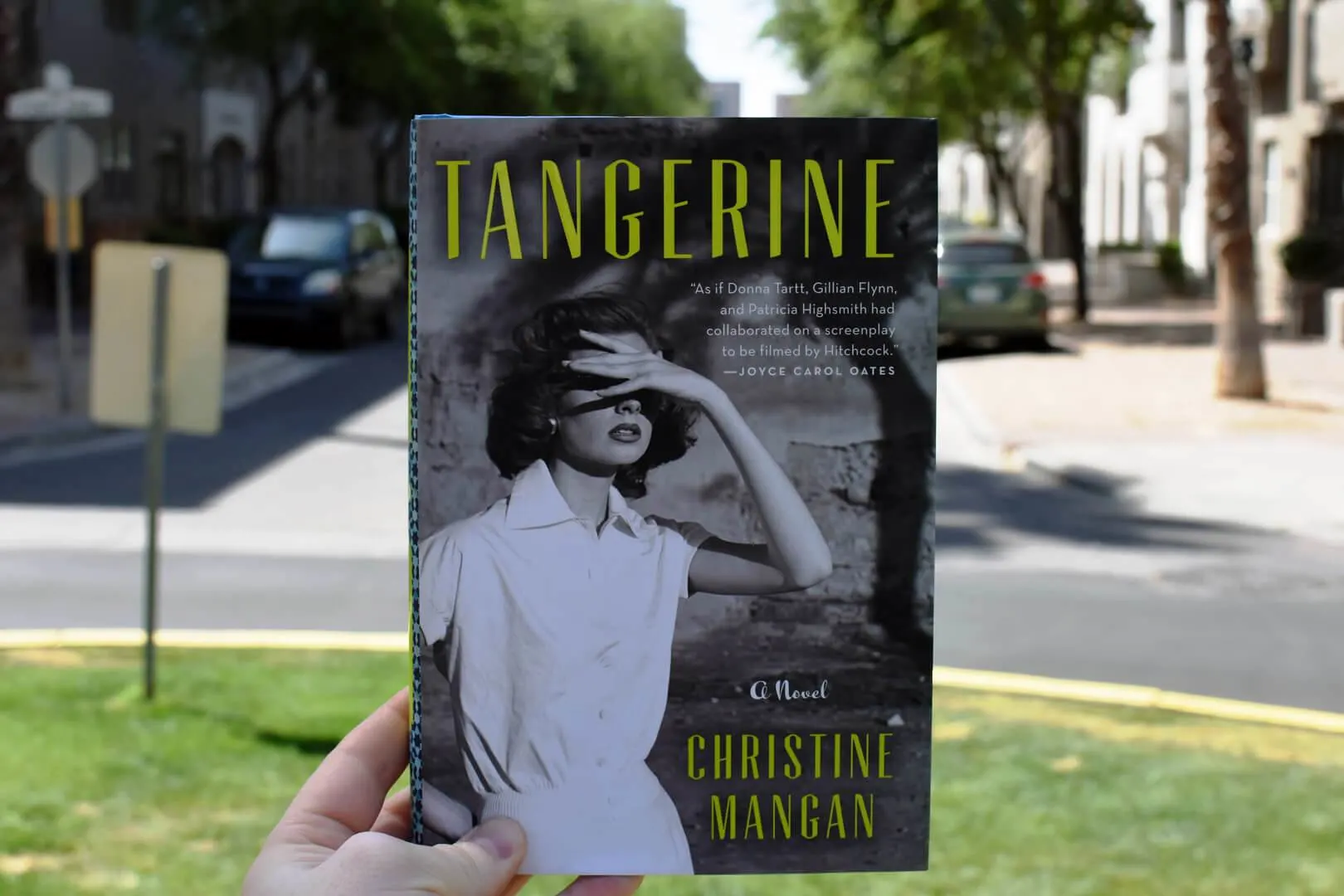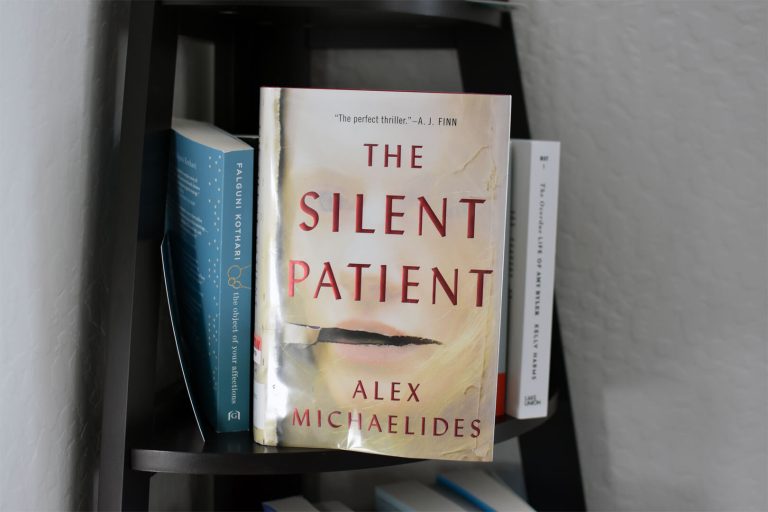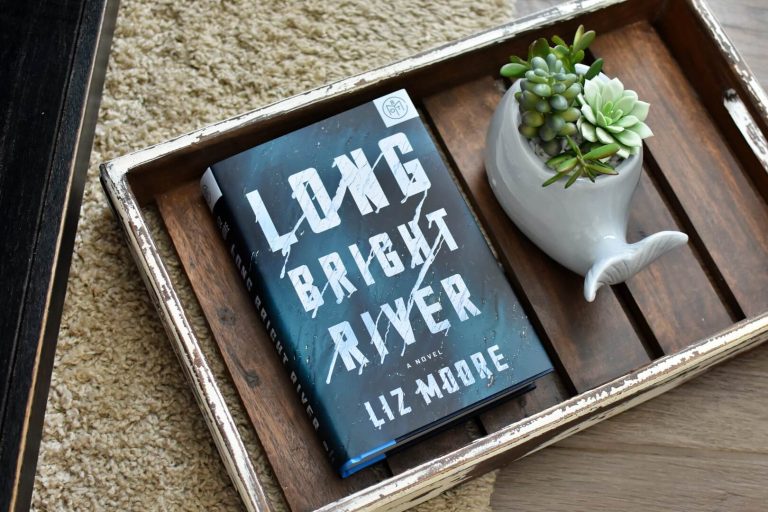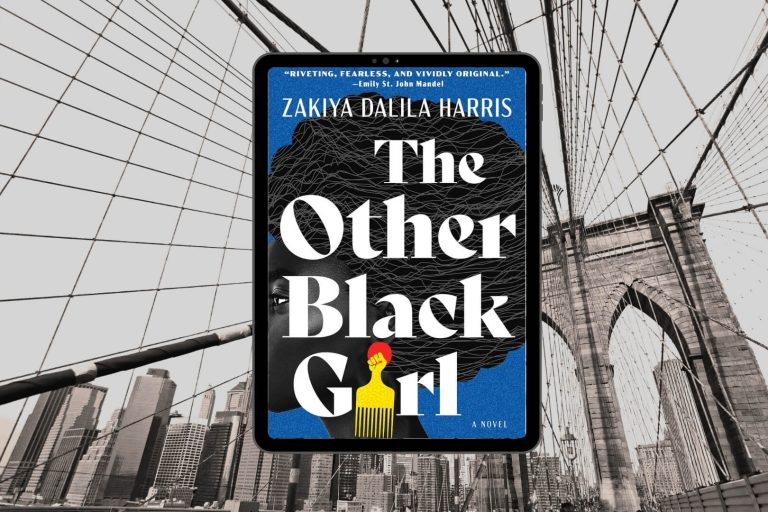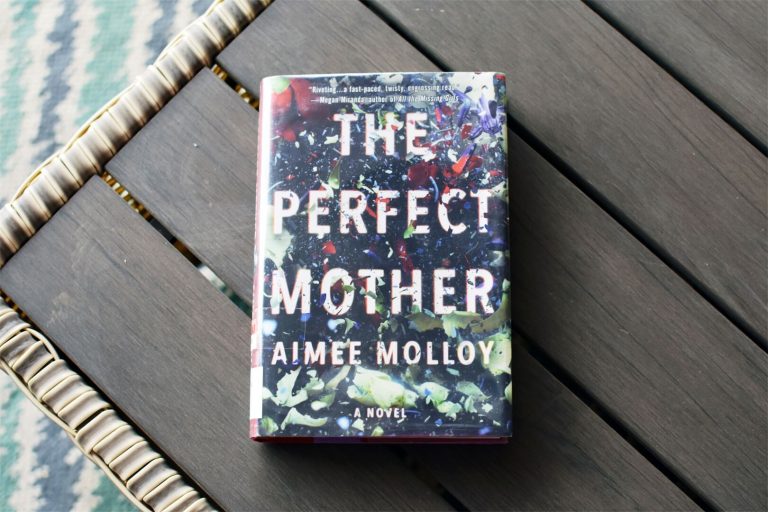Tangerine by Christine Mangan is a retro take on psychological suspense. It’s a combination of The Talented Mr. Ripley story and Hitchcock films rolled into one novel. Tangerine wasn’t as twisty as some modern-day thrillers but there are some chilling moments and it kept my interest to the end.
Protagonist Alice Shipley is living in Tangier with her husband John. This has not been a good move for Alice. The city’s heat, crowds, food, etc. terrify her resulting in her becoming agoraphobic. It also seems her husband John is insensitive to Alice’s mental health concerns. Then we meet Lucy Mason, Alice’s college roommate from Bennington, who arrives in Tangier from New York City for one purpose: to be near Alice again. The roommates had a falling out in college but that’s all we know at the beginning.
While hesitant at first to Lucy’s arrival, Alice becomes envious of how easy Lucy blends into the scene at Tangier. She wonders if she can do the same. This allows Alice to let her guard down for a moment at least. But then John disappears and Alice starts to question everything, even her own sanity.
Perspectives
Mangan writes from the first-person perspectives of Alice and Lucy, alternating between chapters. While they both recount their college years, it’s interesting to read just how different they felt their interactions were and what they meant. The women immediately bonded when they found out they’re both orphans but while Alice felt comfort in friendship, Lucy’s feelings for Alice were much stronger. And when Alice meets a boy in college, everything shifts for the two of them.
Since Alice’s parents died, she’s struggles with the concept of reality. This makes for a unique read from her perspective as the reader is not sure if she’s an unreliable narrator or not. The same with Alice who is shown as a great manipulator, is she also confusing the reader?
The setting and era
To me, the setting in Tangier and the era of the ’50s absolutely made this book. Putting the suspense aspect aside for a moment, I enjoyed the vivid descriptions of life in Tangier. I feel that Mangan really painted a picture of Tangier and its landscape. It wasn’t a glamorized version but detailed the insufferable heat, the constant dirt on clothes, the chaos of its market and the complicated enjoyment of hot mint tea. But also the beauty of the architecture and how the Mediterranean Sea meets the Atlantic. The story happens during Morocco’s independence from France, which adds another layer to the story as well.
The 1950s era provides fascinating context, particularly when it comes to social class and sexual identity. Alice behaves more in the traditional timid style of a woman in that era while people assumed Lucy was rebellious for simply wearing capris. Also, Lucy has a fear of revealing her romantic feelings for Alice, which a woman falling in love with another woman was something ‘unheard’ of in that era.
How surprising is it?
With recent thrillers and suspense novels, there’s quite a bit of guessing. And even if you think you know what will happen, some can still shock you. I wouldn’t quite call Tangerine predictable but it’s not as wild as a ride as others in this genre. Since we’re in both perspectives, the hidden agenda isn’t as much at play here —you have an idea of what each character hopes to achieve.
This one isn’t a big commitment, it’s a quick read and I think most could read it on a summer afternoon. Let me know if you do read it!
